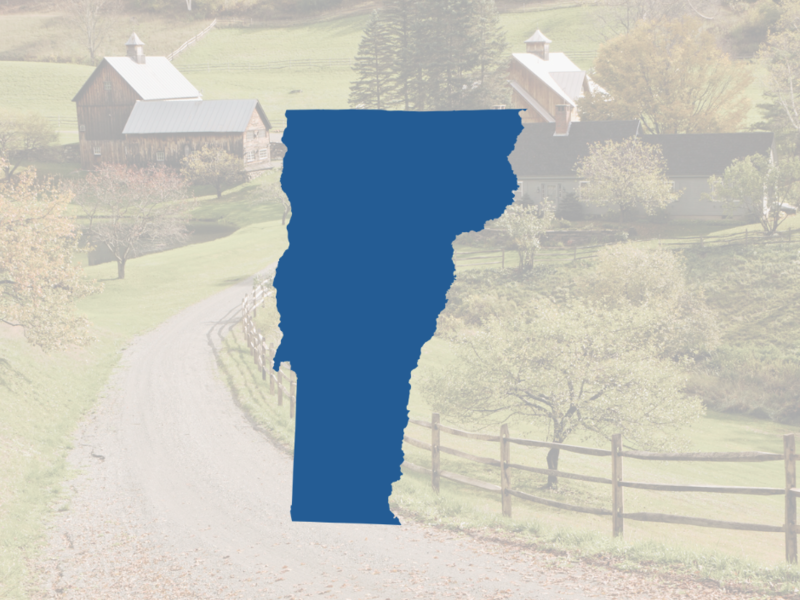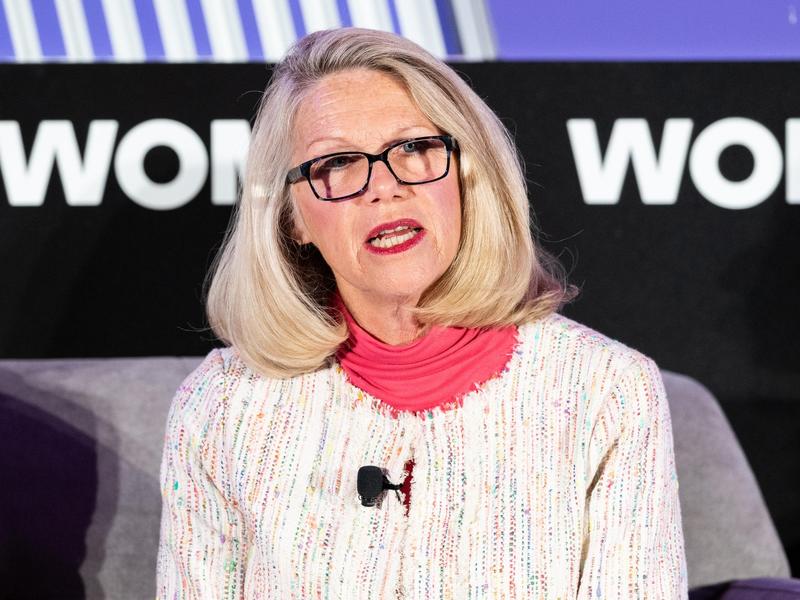
It isn’t unusual that heading into an election year, some things are crystal clear and others murky, even opaque. So, what is clear and what isn’t?
It is clear that there will be an enormous voter turnout next year. To go from the 2014 election and its lowest voter turnout in 76 years to last year’s highest midterm-election turnout in more than a century is not a random occurrence. Nor are the NBC News/Wall Street Journal polls that are already showing voter interest in the next election greater than what was found until the final weeks of the 2012 and 2016 elections.
It is also clear that while former Reps. Mark Sanford and Joe Walsh and former Massachusetts Gov. Bill Weld have announced their candidacies, President Trump has nothing to worry about in terms of winning the GOP nomination. Even among those Republicans who don’t personally care for the president, his tweeting, and his behavior, most still love where the economy has been and cherish their tax cuts, decreased regulation, and, most of all, conservative judges. Those are keeping his approval ratings among Republicans around 90 percent and out of reach of any rival for the GOP nod.
As my friend Jim Campbell, a noted political scientist at the State University of New York-Buffalo, emailed me a couple of months ago, these candidates have as much of a chance of beating Trump as Kim Kardashian has of winning the Nobel Prize in Physics.
It is also clear that Trump doesn’t want Joe Biden to be his opponent. Many arguments have broken out about whether Democrats will or should nominate Biden—specifically regarding his age and propensity to be verbose and get off script. But Trump and his campaign aren’t working overtime to kill the Delawarean’s chances for nothing. In fact, they are doing little to hurt any of the other Democrats, including the co-front-runner, Elizabeth Warren.
But it is unclear whether this Ukraine story will have any real impact on the Trump base—those folks he has boasted would stick by him even if he shot someone on Fifth Avenue. After they have weathered so much already, is this the time when it will suddenly be different for them? And what effect will Ukraine have on the 10-20 percent in the middle—those who neither love nor hate Trump, don’t follow politics very closely, and don’t get engaged in politics until the final weeks of a campaign, if ever?
Twin unknowns are what’s next for the U.S. economy and what effect tariffs will have. Would a slow economy or even a drop have an impact, given the tribal nature of American politics these days, when so many partisans seem to think that leaders of their own party can do no wrong while those in the opposite party can do nothing right? And will tariffs and their impact on farm prices and markets diminish the enthusiasm of small-town and rural Americans who turned out in unprecedented numbers in 2016? That could, in effect, break the political models in many states where Hillary Clinton hit many (but not all) of her urban and suburban targets but got buried among those well away from cities.
It is also unclear whether impeachment is a smart strategy for Democrats or not. The pros and cons have been debated ad nauseam. Everybody has a theory; nobody really knows.
Another thing that is clear is that Warren had been climbing in the polls for months and looked very likely to consolidate the populist, most liberal lane in this race—even before Bernie Sanders had cardiac issues earlier this week, with two stents put in. As a candidate, Warren has been operating on a far higher plane than any other Democrat, with a superior organization to any other. While Sanders appears set to stay in the race—his campaign said Thursday he will participate in the Oct. 15 debate in Ohio—it is unclear whether his health setback disadvantages his already increasingly challenged candidacy. To the extent that Sanders is hurt by it, Warren’s already strong momentum would receive a turbo boost.
As for the unknowns among the leaders: Can Warren gain strength among minorities, particularly African-Americans, who are so important in South Carolina and the March 3 Super Tuesday states? Will Trump's attacks on Biden’s son and his business dealings hurt the former vice president, or could it be offset by the clear sign that Trump is terrified of Biden as an opponent, thereby reinforcing the electability argument that is so central to his candidacy?
It has been clear that Biden has been plugging up the center-left/establishment-friendly lane, preventing similarly minded Democrats like Sen. Michael Bennet, Gov. Steve Bullock, Mayor Pete Buttigieg, Sen. Amy Klobuchar, Rep. Tim Ryan, and former Rep. John Delaney from getting much, if any, traction. If Biden is hurt, can one of them capitalize on the opportunity? If so, which one?
Regarding the candidates who represent the more conventional liberal, fresh face/new look lane in the race: Can Sens. Cory Booker and Kamala Harris and former Rep. Beto O’Rourke finally get things going? Given the critical nature of Iowa, is the Nov. 1 “Liberty & Justice Celebration,” which until 2015 was known as the Iowa J-J (Jefferson-Jackson) Dinner, be the last chance for them to jump-start their candidacies as it did for another young Democratic candidate, Barack Obama, in 2007?
This story was originally published on nationaljournal.com on October 4, 2019









Subscribe Today
Our subscribers have first access to individual race pages for each House, Senate and Governors race, which will include race ratings (each race is rated on a seven-point scale) and a narrative analysis pertaining to that race.